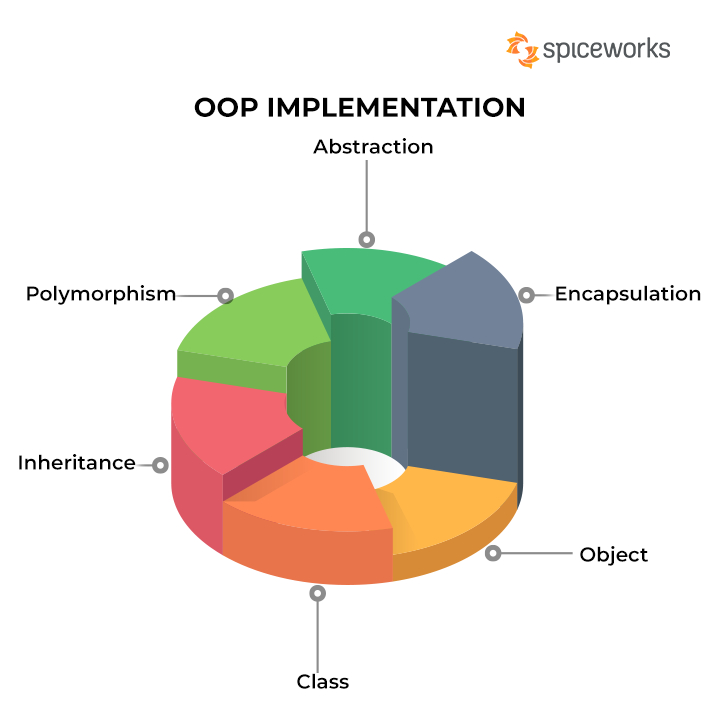OOPS, or Object-Oriented Programming, is a programming paradigm that
- uses “objects” to design applications.
- It’s a way of organizing code by modeling real-world entities as objects, which contain both data (attributes) and methods (functions) that operate on that data.

Pillars of OOP
— Read more about Pillars of OOPS
Benefits of OOPS:
-
Modularity: Code is organized into reusable modules (classes), making it easier to understand, maintain, and debug.
-
Reusability: Inheritance and other OOP principles allow for code reuse, reducing development time and effort.
-
Maintainability: Changes in one part of the code are less likely to affect other parts, making it easier to maintain and update large projects.
-
Scalability: OOP principles make it easier to scale applications as they grow in complexity and size.